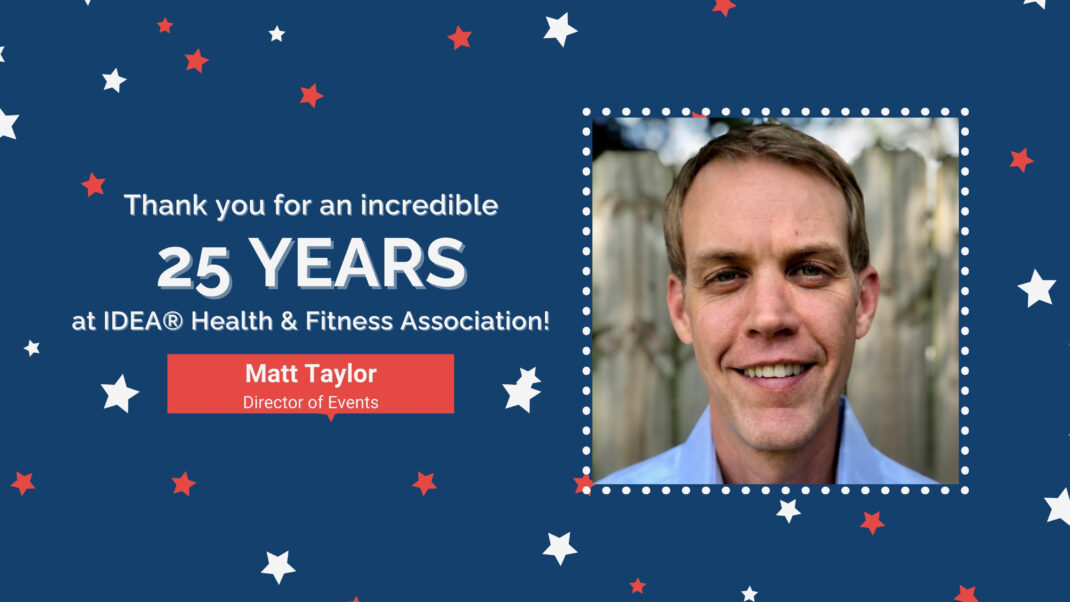Many people are told to employ behavior change strategies to drop fat. However, according to researchers from Rush University Medical Center in Chicago, lifestyle improvements are more effective when the focus is on upgrading neurobehavioral processes. “Typically, overweight and obese patients receive education about dietary contributions to weight gain, and they are simply encouraged to fight the powerful urge to eat delicious foods that are available almost everywhere in the environment, and instead, make dietary choices consistent with weight loss,” says Brad Appelhans, PhD, co-author of the report, which appears in the Journal of the American Medical Association (doi:10.1016/j.jada.2011.05.014). These approaches, he continues, are rarely successful.
Tom Terwilliger, a certified Neurolinguistic Programming (NLP) master practitioner and the author of 7 Rules of Achievement (Morgan James Publishing 2010), finds that simply knowing what to do to be healthy may not be effective in actiually becoming healthy. “You would be hard-pressed to find someone who doesn’t already know at a fundamental level what they should or shouldn’t be doing from a fitness or nutrition standpoint,” Terwilliger points out. Simply knowing what choices to make will have very little impact on true behavior change, he adds. Instead, he suggests implementing a few techniques rooted in NLP that are designed to disrupt faulty patterns and implement new, healthful ones. While NLP requires significant study, Terwilliger offers two techniques you can implement in your training sessions:
Reframe the Debate. Reframing is a process for eliminating inner conflicts and resistances by addressing and modifying the “positive intention” behind a negative behavior. A person with a resistance to loss in general may be internally conflicted by the thought of losing weight. Instead, focus on what is gained, such as strength, vitality or energy.
Create a Compelling Future. The use of visualization can have a profound impact. what is your internal vision of their goal, and what type of language do you use to describe it? At the beginning of every workout, close your eyes and bring the vision into focus. Ask yourself questions like “What does that feel like?” This will help sharpen your internal vision, which helps carve a new neural pathway for what you will achieve.
Ryan Halvorson
Ryan Halvorson is an award-winning writer and editor, and IDEA's director of event programming.





